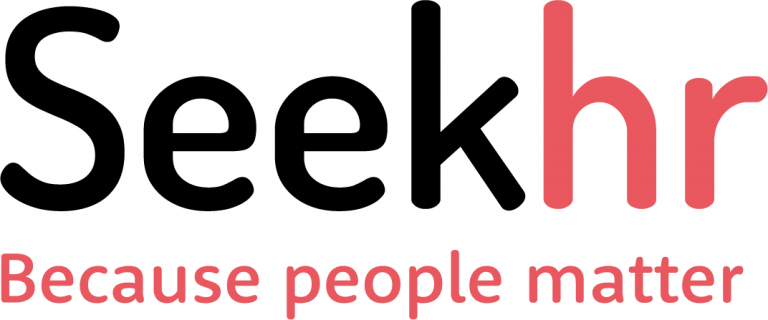Millennials — the generation of young people born between 1980 and 1996 — are very often talked about, but they’re rarely well understood. Often, in fact, they’re wildly misunderstood — labelled as lazy, entitled, and overly opinionated.
However, with this age group set to become the largest in the workforce soon, that’s a problem. In reality, this generation is best educated, most flexible, and can be the most hard-working generation of them all. Write them off and you could be seriously missing out.
There’s no denying that young people do think about work a little bit different to their older peers, though.
That means that to attract talented members of this cohort to work at your company requires mixing up your careers marketing a bit, choosing messages that resonate with young people and focusing on culture and values as much as on money.
What, according to the evidence, are the main areas you should be focusing your careers marketing on to reach millennials?
Emphasise opportunities to learn and grow
Researchers Brandon Rigoni and Amy Adkins interviewed thousands of millennials and found that for almost two-thirds, opportunities to learn and grow, led the list of important attributes when looking for a new job.
That matches a recent poll finding that while a large majority of older workers are focused on making as much money as possible, younger employees are much more interested in developing new skills, learning on the job, and adding to their CVs.
In their recent article How to manage the millennials, PWC stressed that retaining millennials meant providing ‘as much training as possible’. If your training programme is focused on a few senior managers or on developing only high potentials, you could be quietly alienating your young staff.
So talk up your training and development programme, stress the opportunities for mentorship and shadowing, and give real-life examples of the learning that people already working at your company are engaged in.
Honestly communicate your company culture
It’s really about time that all companies came to realise that salary and bonus alone are not enough to attract the best candidates. While it was once true that money was the main motivator for choosing one company over another, it’s clear that today, culture and values are just as important.
To be clear, workplace culture doesn’t mean free beer on Fridays and a ping pong table in the corner. Contrary to popular belief, these perks don’t motivate young people as much as openness, transparency, diversity, and a genuine commitment to flexibility and work/life balance.
However, as PwC point out, there’s a huge gulf between perception and reality when it comes to culture-related promises made by employers. ‘If employers want to continue to attract millennials’, they write, ‘ this has to be addressed – companies should review the messages they are sending out and test them against the reality of the employee experience’.
The answer is to communicate your corporate culture honestly. If flexible working just isn’t possible in your industry, then you should just say so and focus on other benefits such as the learning or networking opportunities. Above all, be genuine about what your workplace can offer.
Show that you’re open to flexible working
Wherever possible, though, you should be open to and embrace flexible working. The concept of the working nine to five in the office, taking thirty minutes for lunch, is as dead as a dodo. If you’re not flexible about when and where people can work, you’re going to lose out. Fact.
Quoted in the FT, Maggie Stilwell, managing partner for talent at EY, says ‘informal working hours can benefit staff, their teams, and their clients’. It’s vital, she adds, that this culture is on display from the top, however. ‘EY partners are meant to demonstrate visibly what flexible working means, so their diaries are open to every to see’ she says.
While old-fashioned types might consider working in this way to be just a route to skiving off and doing less, the evidence says otherwise. Vodafone recently commissioned a study of 1,100 HR managers in small and medium sized businesses and found that four-fifths thought that workplaces with more millennials were more productive.
To persuade millennials that your company is right for them don’t just talk about flexible working — wholeheartedly embrace it! It might even have a positive impact on your bottom line.





